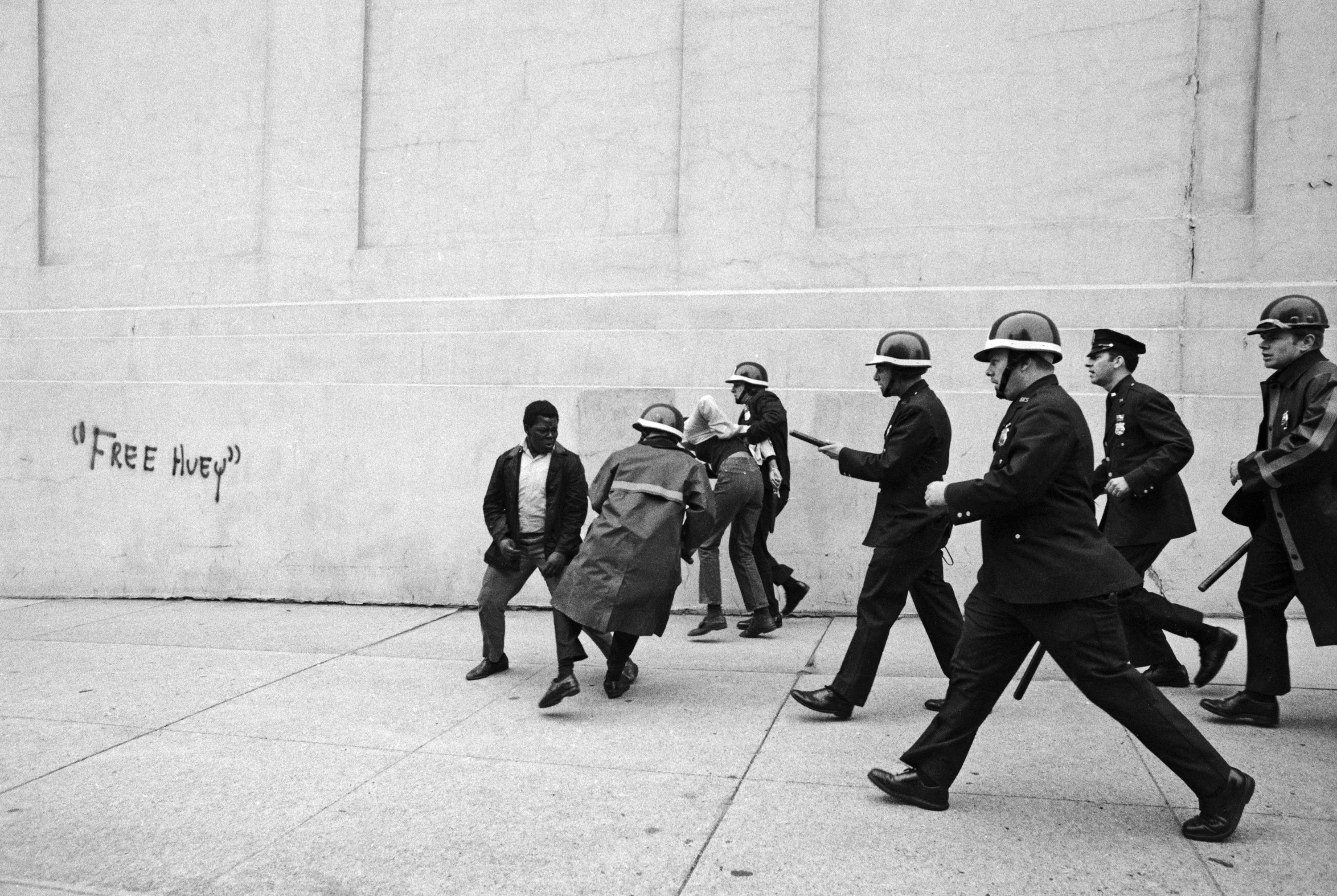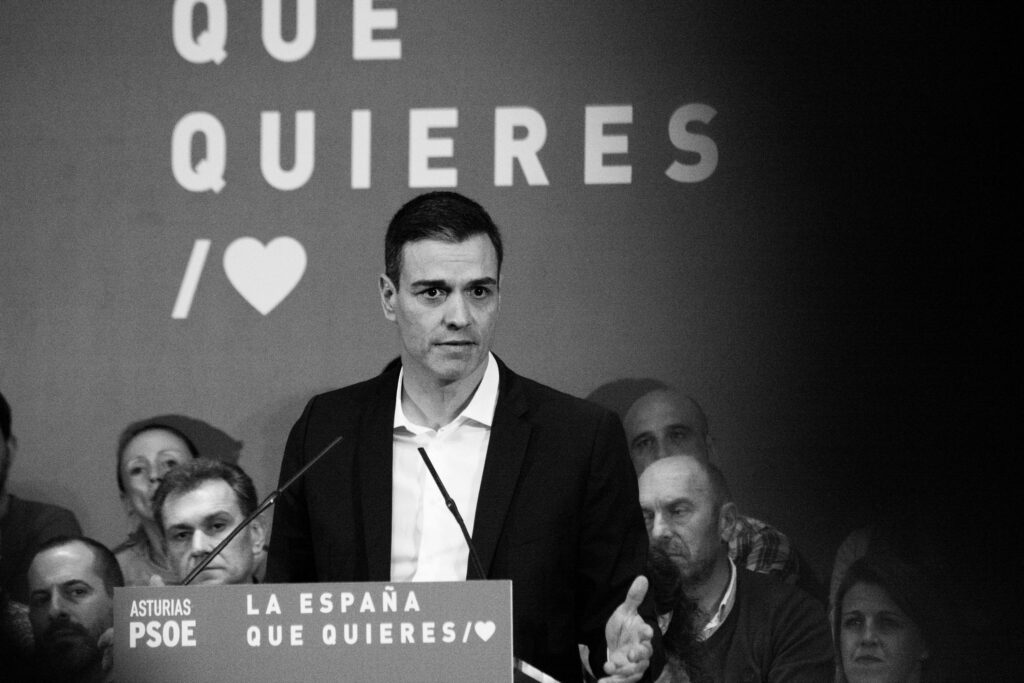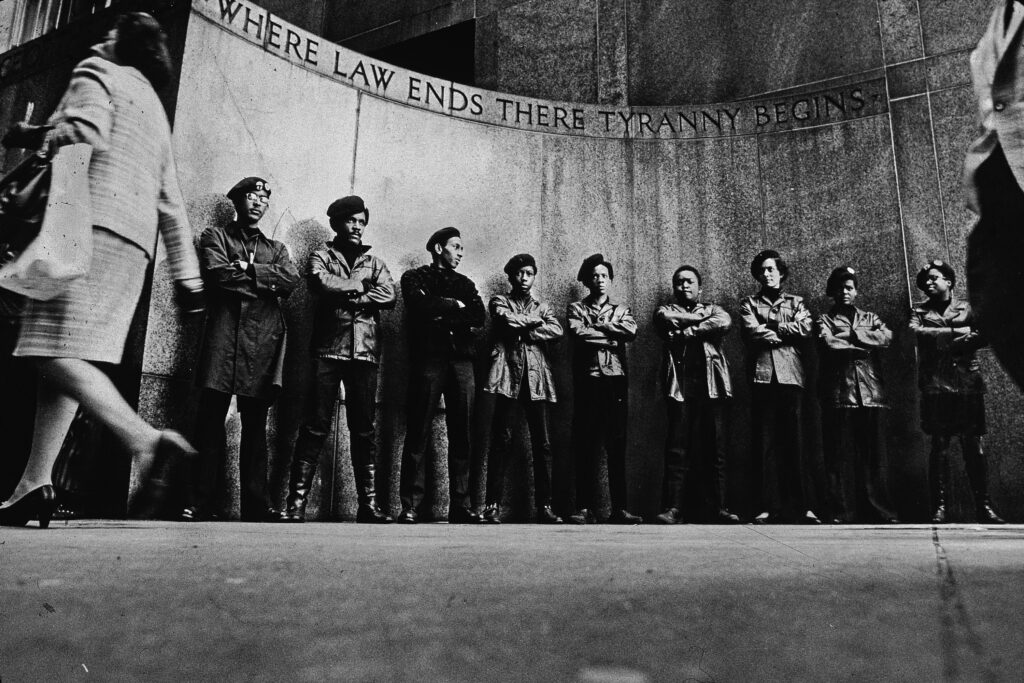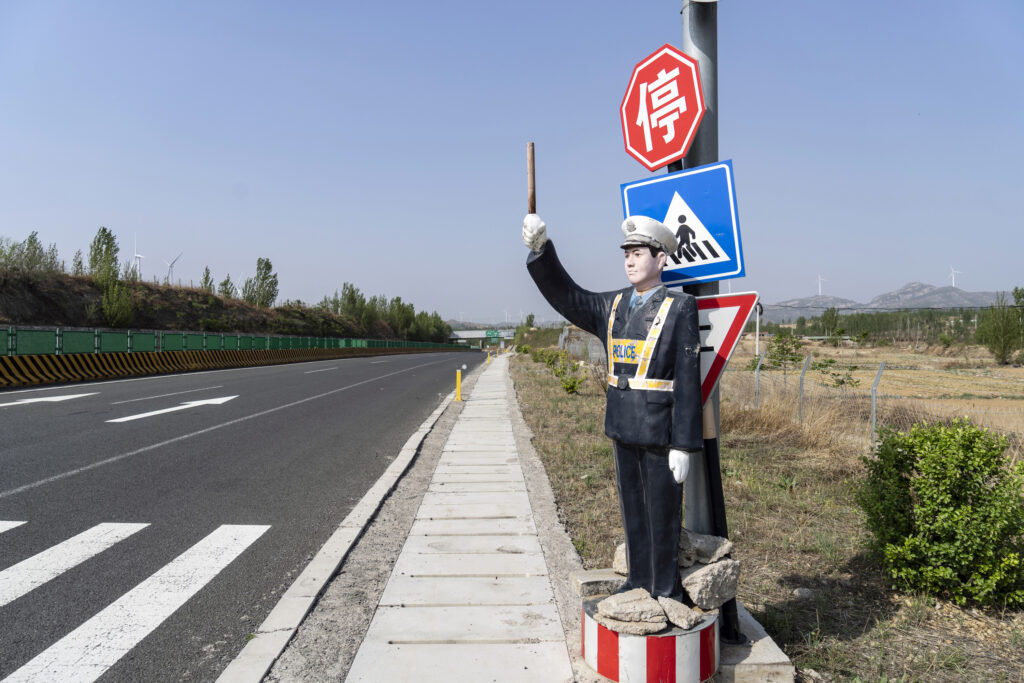The Ideas Letter
Ekaitz Cancela, a formidable Bilbao-based intellectual who stewards Verso Libros, has penned a synoptic essay on the present conjuncture in his home country. Prime Minister Pedro Sánchez has pulled endless rabbits out of the political hat of Spanish politics yet fundamental contradictions remain. Cancela takes the measure of Sanchismo and makes clear why its future matters for Europe.
Next, the fine writer and critic Shehryar Fazli (featured before in our pages) sizes up a sharp new reinterpretation of US civil rights history found in Brandon M. Terry’s Shattered Dreams, Infinite Hope: A Tragic Vision of the Civil Rights Movement. Fazli probes whether Terry’s upending of the romantic story of American democracy in favor of a more tragic vision stands to reason.
Finally, the political analyst Jeremy Shapiro analyzes the constellation of forces shaping AI and proposes that the global race for AI supremacy misses something deeper: the social integration of technological change. Drawing on Karl Polanyi’s master concept of “embeddedness,” Shapiro argues that the true determinant of geopolitical strength will not be who develops the most advanced AI systems, but who manages to embed them in stable social and political institutions without provoking backlash.
Our curated section kicks off with a masterful essay on Howard French’s new book on African liberation in which Kwame Nkrumah takes center stage by Ayisha Osori. She places French’s text in a broad African and global context, with edifying conclusions.
Two more pieces on the European right follow that reward being read together. First, from our friends in the Illiberalism Studies Program, is a probing essay on the intellectual appeal of the right-wing political philosopher Alain de Benoist, a founding figure of the French Nouvelle Droite.
Featured Essays
What is The Ideas Letter
Welcome to The Ideas Letter, a publication that prizes the unconventional. We are not in the business of persuading. We won’t try to convince you of anything—other than that the world is complex and reality ever-shifting. We are not here to advocate. What you will find, and we hope embrace, are contributions from across ideological aisles, from a broad range of disciplines and a true cross-section of thinking. If catholicity is your métier, and you are uneasy with banging the drum but would rather hear its many sounds, this is the place for you.
We really like critique. Not the mean-spirited or spiteful kind, but rather commentary that raises tough questions, unpacks assumptions, sometimes calls people on the carpet, and always provides opportunity for discussion. That is what we are really after—facilitating, augmenting, furthering, and bolstering debate around issues of consequence.
You’ll find here articles, essays, and criticism that will challenge you to think. Let us know your thoughts, and make sure to tell a friend. Or even someone with whom you disagree!






